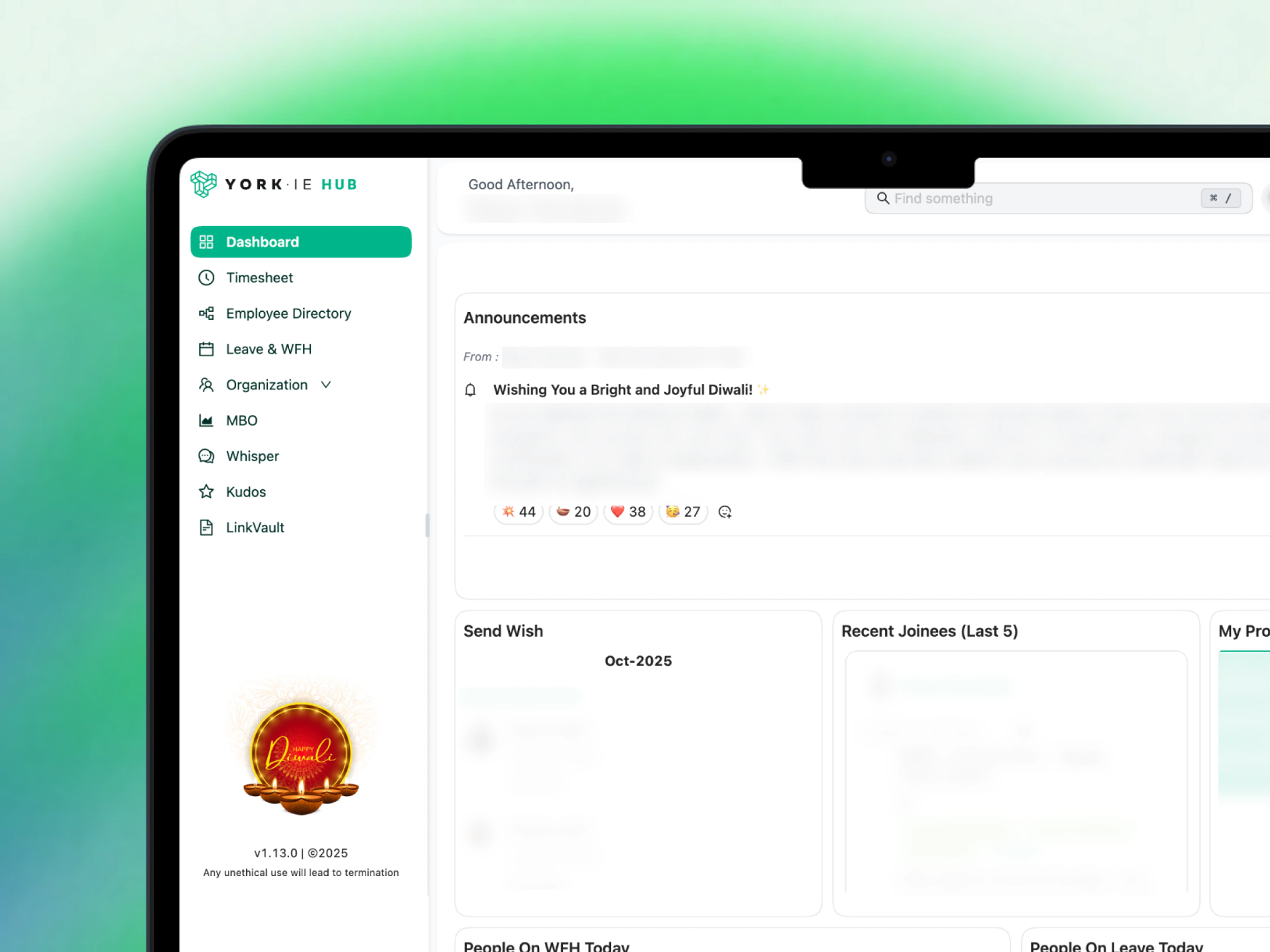Business transformation has always been about finding better ways to get work done. The tools have changed, but the goal remains the same: improve efficiency, increase output, and drive better results.
The Analog Era
For most of modern history, work was entirely analog. We processed paper forms, stored files in cabinets, scheduled meetings on wall calendars, and tracked business performance with ledger books. It was slow, labor-intensive, and limited by human capacity. The only way to scale was to hire more people. While this built strong interpersonal relationships and hands-on expertise, it also meant productivity gains were incremental and expensive.
The Digital Transformation
The digital transformation didn’t happen all at once. It began with the desktop era: businesses moved from typewriters to word processors, from filing cabinets to spreadsheets, and from rolodexes to CRMs. These tools were often licensed and installed locally on machines. The second wave came with the rise of cloud computing and SaaS, shifting to subscription-based platforms that enabled real-time collaboration, global access, and centralized data management.
The benefits were enormous. Information could be stored, accessed, and shared instantly. Leaders gained faster, more accurate insights through analytics. Work became more connected. But despite these gains, execution remained manual. People still typed emails, entered data, and clicked through repetitive workflows. Digital made us faster but it didn’t reduce the burden of work itself.
The Automation Era
Now we are entering the next phase: a digital world powered by automation and AI. Tasks that once required manual effort can be executed instantly by machines. AI agents can process information, generate content, trigger workflows, analyze trends, and even make recommendations, often in seconds.
The benefits are already proving game-changing:
Speed: Processes that took hours or days can be completed in minutes.
Scale: Automation can run 24/7 without fatigue.
Consistency: AI executes tasks without human error or lapses in attention.
Entire industries are being reshaped by this shift, and just as the first wave of digital transformation gave rise to massive firms like Salesforce and Amazon Web Services, the automation era will produce its own winners. These will be companies purpose-built to help others harness AI and automation at scale.
The Role of York IE in This New Era
In this new era, companies that can solve problems faster and more completely will win. That means combining AI, technology, and human expertise in the right ways for the right use cases.
York IE is uniquely positioned at the intersection of all three. We help clients drive value using whatever mix of tools will get the job done, whether that is agent-driven workflows, custom software, good old-fashioned relationship building, or strategic guidance. Unlike pure technology vendors, we understand that not every problem is best solved with code. Unlike traditional consultants, we can roll up our sleeves and build the systems that make change happen. And unlike many AI-first firms, we bring deep operational expertise across R&D, GTM and G&A to ensure automation delivers real business outcomes, not just novelty.
Why This Matters for Your Company
Handled well, AI and automation can be the most significant productivity leap in your company’s history. It can free your team to focus on the work that truly matters such as strategy, creativity, relationships, and innovation. Handled poorly, it can waste resources, create risk, and erode trust.
This is why having the right partner matters. York IE helps you navigate this shift safely, strategically, and with an eye toward sustainable growth. In a business world where speed, scale, and problem-solving capability define the winners, this new wave of transformation is not just a technological opportunity. It is a competitive necessity. For companies that get it right, the benefits will be extraordinary.


























